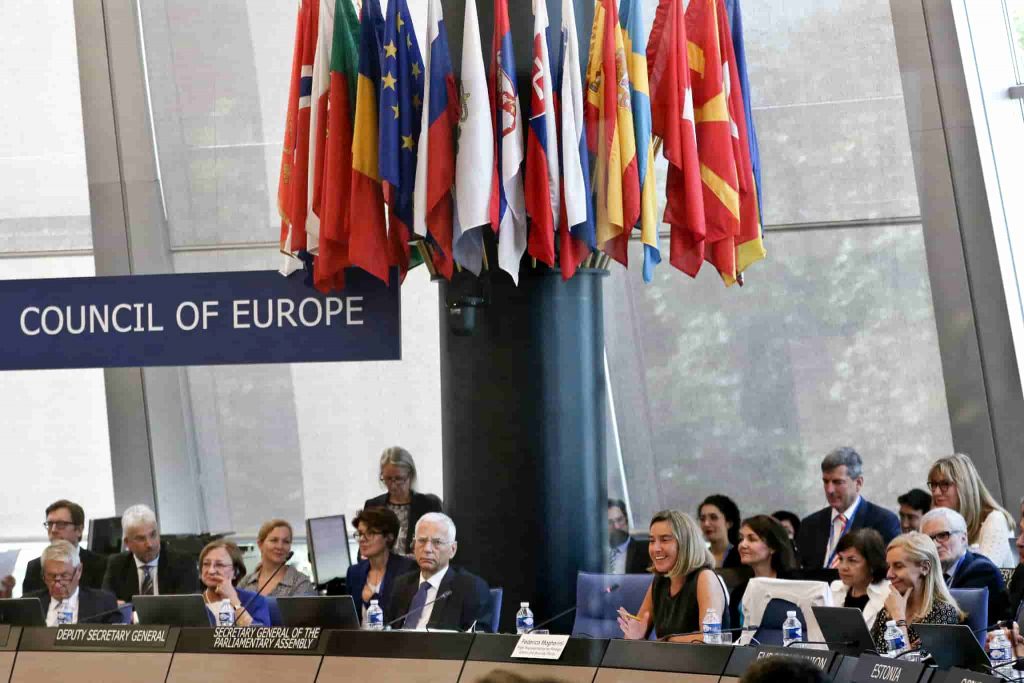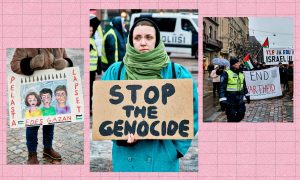Human rights have been under attack in one way or another at nearly every single point in human history, so what has changed?
The Council of Europe is an organization that was founded in 1949 after the conclusion of the second World War. The council is composed of 47 member states with 27 of those states also being members of the European Union. The council operates on the mission of protecting and preserving human rights throughout its domain. This council was formed so that no atrocities such as those seen during World War II, would ever occur again. Since its inception, the Council of Europe has expanded to include six smaller councils and assemblies that actively work towards achieving goals such as abolitioning the death penalty, supporting children’s rights, ensuring fair and equal elections, and fighting for equal access to healthcare.
In the fifty three years since the founding of the Council of Europe, there has been measurable and tangible levels of change. Compared to the fifty seven years since the founding of the United Nations, the Council of Europe is lightyears ahead in terms of creating change and maintaining it. The United Nations has a membership base of one hundred ninety three countries, nearly four times the number of member countries that the Council of Europe has. The differences between the two organizations are baffling, as it appears the Council of Europe is far more advanced and organized, as well as the fact that the Council has made official legal and political choices to show that it will not be swayed by money and fear mongering.
On March 15th, 2022, the Council of Europe brought forth the decision of expelling the Russian Federation from the council. This is something that has never been done before in the Council of Europe, the United Nations or even the European Union. It is simply something that has never been done until now. The Council of Europe has taken a huge step in expelling Russia, but on that same day, Russia announced that it would be withdrawing from the council. It was stated that the council’s decision came from observations of Russia’s aggression against the Ukrainian people, as well as the country’s poor treatment of its own people. The statements that have been released by the Council show that it is taking a stance against the Russian government and its leaders, while sympathizing with the Russian people. This expulsion could mean a lot for the worldwide community and may have some large impacts on other international organizations.
The Council of Europe is dedicated to, “Protection of Human Rights, Promoting Human Rights, Ensuring Social Rights”, this motto is a pinnacle of what the Council of Europe strives to achieve, and shows that major organizations can in fact take a stance against a power-hungry country like Russia. After a massive decision like this, it begs the question, why can’t other organizations (like the United Nations) make this choice?
The answer is actually quite simple: They are afraid. They are scared of the possible repercussions they would face from Putin and leaders like him. But most importantly, they do not want the money to run out. Russia and its elite are huge contributors to much of the money at play in the international economy and organizations like the United Nations are very much aware of that, they also recognize the atrocities being committed by Russia and countries it is allied with. With the knowledge and power to stop this vicious cycle, it is baffling that we still allow these actions and behavior.
Is money worth more than human lives?
The answer to that question is obvious. Human rights should be a main concern for every single international organization, but so far the Council of Europe has been unique in its resistance to Russia’s assault. The situation between Russia and international governing organizations are still developing, but the Council of Europe has made the bravest moves so far. Hopefully in the near future, others will follow the lead.




















